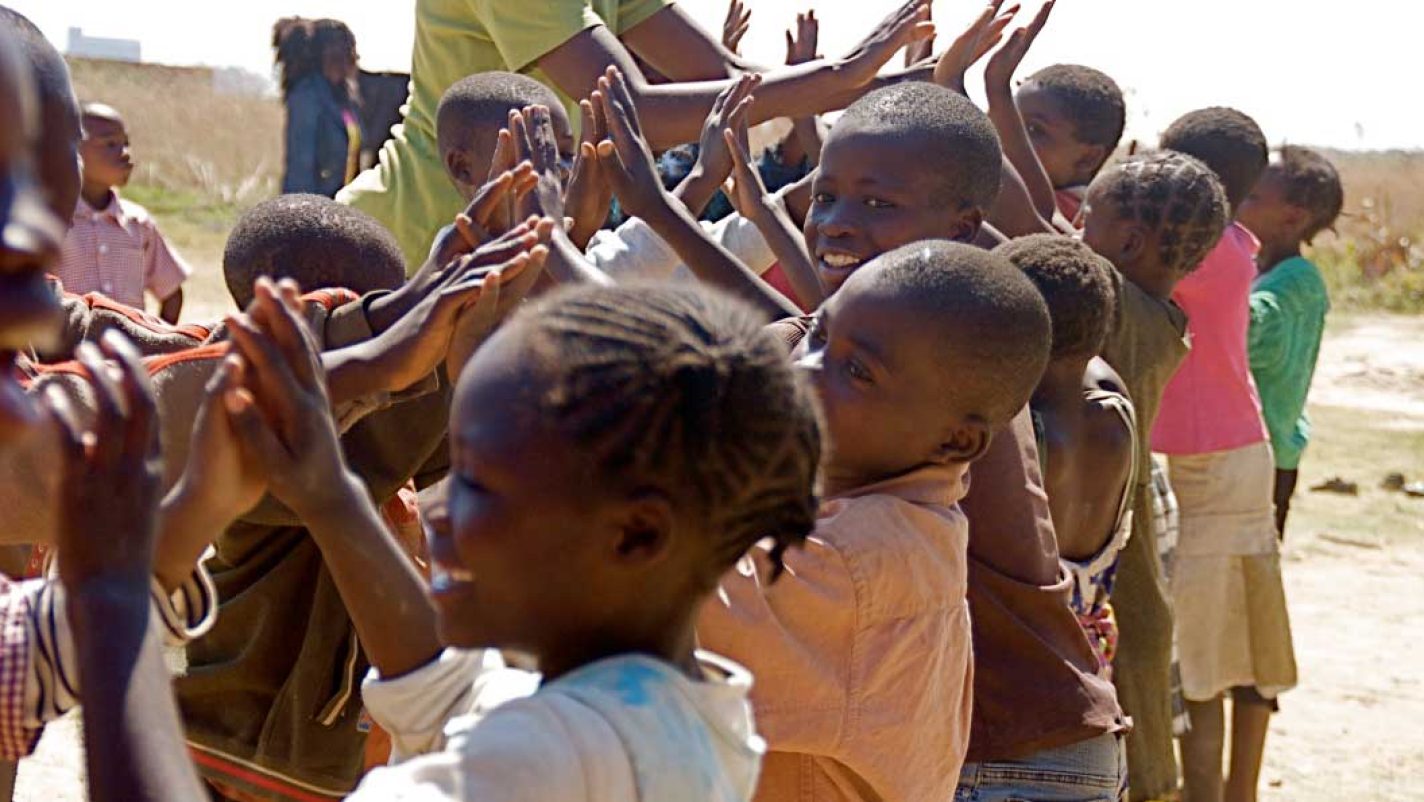The United Nations Children’s Fund (UNICEF) has praised the Kebbi State Government for passing the Child Protection Bill, describing it as a major step toward protecting children’s rights and promoting their welfare.
According to Mediaplusng.com, UNICEF says the new law will help secure the freedom of children held in detention, reduce long legal processes for minors, and make it easier for them to reintegrate into society.
The commendation comes from Mr. Michael Juma, Chief Field Officer of UNICEF’s Sokoto Office, during the 2025 End-of-Year Review Meeting in Birnin Kebbi. The meeting is organized in partnership with the Kebbi State Ministry of Budget and Economic Planning.
Juma says UNICEF is ready to support the establishment of Family Courts to ensure faster justice for children, especially in rural communities. He adds that accurate data on children’s welfare is essential for better planning, budgeting, and policy-making.
“UNICEF promotes Family Courts globally because they provide quicker access to justice at the grassroots,” Juma explains. “We have already discussed this with the Commissioner for Justice, and UNICEF is ready to support Kebbi State in setting them up.”
The UNICEF official also highlights the importance of data collection on children, saying it will help government agencies and schools make informed decisions that directly benefit children’s development.
He reaffirms UNICEF’s commitment to continue working with the Kebbi State Government on projects such as poverty reduction, social protection, and nutrition programs. Juma commends the state for releasing ₦500 million as counterpart funding to support nutrition initiatives.
However, he calls for stronger action to tackle the problem of out-of-school children, prevent cholera outbreaks, and strengthen the Water, Sanitation, and Hygiene (WASH) program. Juma encourages more local governments to emulate Arewa and Mayama LGAs, which are already leading the fight against open defecation.
In his remarks, Professor Suleiman Khalid, Executive Chairman of the Kebbi State Universal Basic Education Board (SUBEB), urges development partners to ensure their programs align with the cultural and religious values of local communities.
He attributes the rising number of out-of-school and Almajiri children to social and environmental factors, noting that community engagement is key to improving school enrollment.
“During the dry season, many children are seen on the streets while their parents migrate southward for work,” Khalid says. “We must engage community and religious leaders to help ensure every child gets access to education.”
Reports presented at the meeting cover key sectors such as nutrition, education, social policy, WASH, and behavioral change communication, all focused on improving the lives of children and families in Kebbi State.




